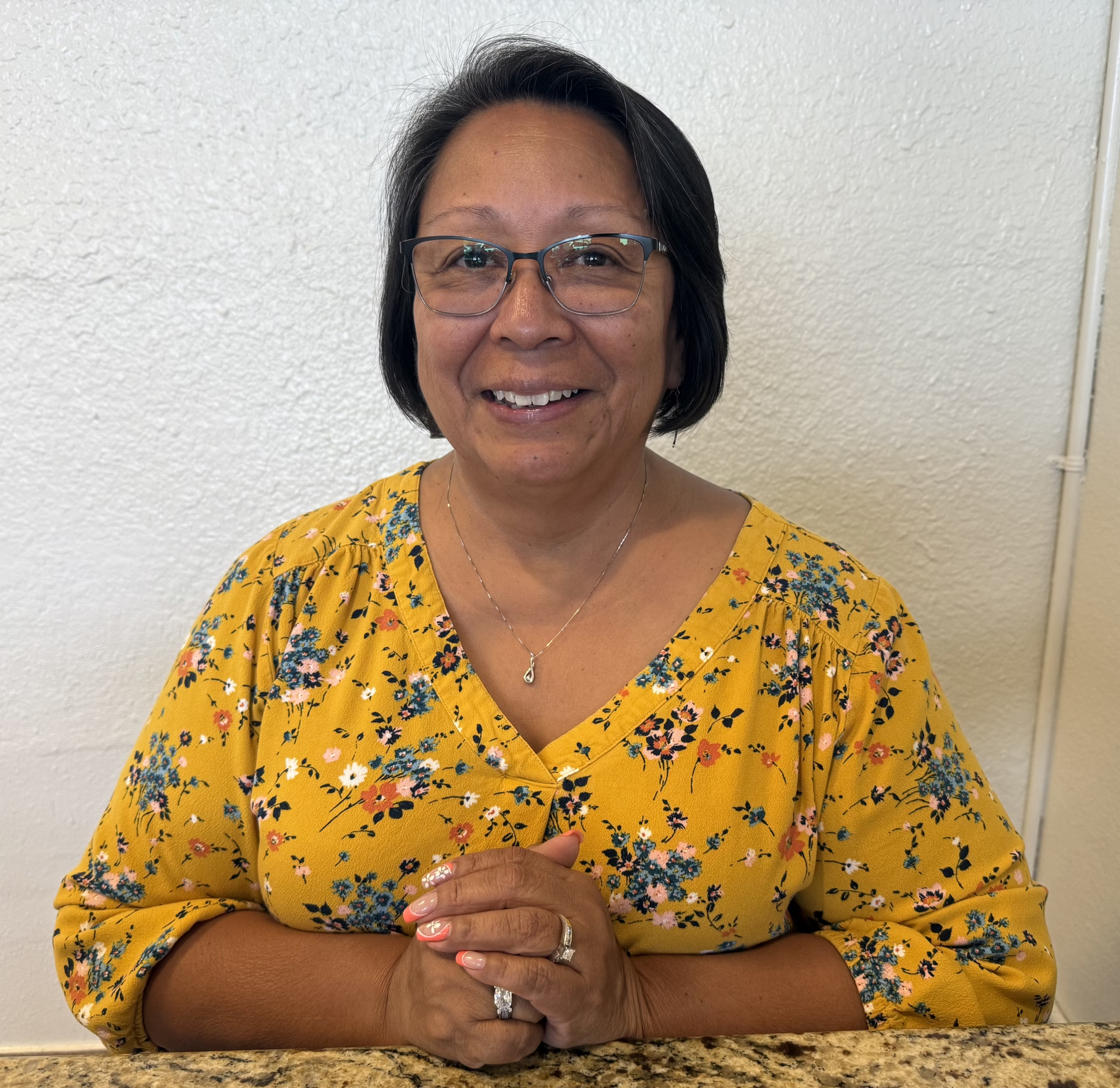golden rule moments
Learning from the Native American elders
Albert Celoza
Special for The Republic
In Native American culture, the term ‘elder’ signifies a respected and honored position within the community, earned through a lifetime of learning, living by traditional values, and contributing to others’ well-being.
In a society that values youth, Native American cultures are different in that it reveres elders as keepers of knowledge, traditions, and practices. Their experiences make them guides to younger generations and custodians of language, customs, ceremonies, and spirituality, ensuring cultural continuity. Diné (Navajo) and other traditional cultures place strong emphasis on respecting elders, recognizing their wisdom and contributions to the community.
Though not yet ‘old’ in chronological age, Diana Martinez is one such living library of culture who has cared for Phoenix College students for many years. Martinez bridges multiple aspects of culture, linking her tribal heritage to the Tewa, Diné, and Hopi, as well as other Indian tribes in Arizona and New Mexico. She brings city experiences and insights to students from the reservation (‘rez’). While a devout Christian, she continues to respect and treasure traditional rituals. She has raised her daughter with both Native and Hispanic influences, having married into Hispanic culture. While possessing a strong identity as a Native American, she leads her life in various worlds and helps others navigate cultures.
One of Diana Martinez’s favorite stories involves her morning routine of braiding her daughter’s hair, choosing between a Mexican or Native American style. Being from both Hopi and Tewa – matriarchal and matricentric cultures – she ensured they visited the reservation and participated in traditional ceremonies. For her grandson, the family honored Hopi tradition with a naming ceremony twenty days after his birth. They also celebrated the Diné ‘laughing ceremony,’ where the person who ushers the baby’s first laugh is honored.
 Martinez inspires young people pursuing education and seeking better lives. She remembers using her lunch hours to take classes and advance her education. Alongside the young, she has earned associate, bachelor’s, and master’s degrees while guiding others in personal and professional pursuits. Having been encouraged to accomplish educational goals herself, she now advises countless young people to pursue higher education.
Martinez inspires young people pursuing education and seeking better lives. She remembers using her lunch hours to take classes and advance her education. Alongside the young, she has earned associate, bachelor’s, and master’s degrees while guiding others in personal and professional pursuits. Having been encouraged to accomplish educational goals herself, she now advises countless young people to pursue higher education.
Martinez traces her Native American roots to the San Juan Pueblo in New Mexico, with the Ohkay Owingeh (Tewa) culture, where everyone is welcome, especially on feast days when homes are open to all. Growing up, there was always someone beyond immediate family staying with them. She was raised to share with others and give back to others. It is quite a poignant moment to see students finish their schooling but brings the greatest feeling of fulfillment that she has helped hundreds of them succeed.
For those interested in joining Diana Martinez’s efforts, the Phoenix Indian Center is seeking Native Elders, 55 years or older, in the Phoenix metro area to participate in a program mentoring Native youth through cultural education and preservation. This mentorship requires commitment to attend events, youth council meetings, community gatherings, and provide advice in Living In 2 Worlds workshops and other Phoenix Indian Center events.
In Native American culture, the term ‘elder’ signifies a respected and honored position within the community, earned through a lifetime of learning, living by traditional values, and contributing to others’ well-being. Truly, elders as mentors serve us all through the Golden Rule moments they generously share with others.
Albert Celoza is the Executive Director of the Arizona Interfaith Movement.
Copyright © 2025 The Arizona Republic 7/12/2025
Use of this site signifies your agreement to the Terms of Service and Privacy Policy.